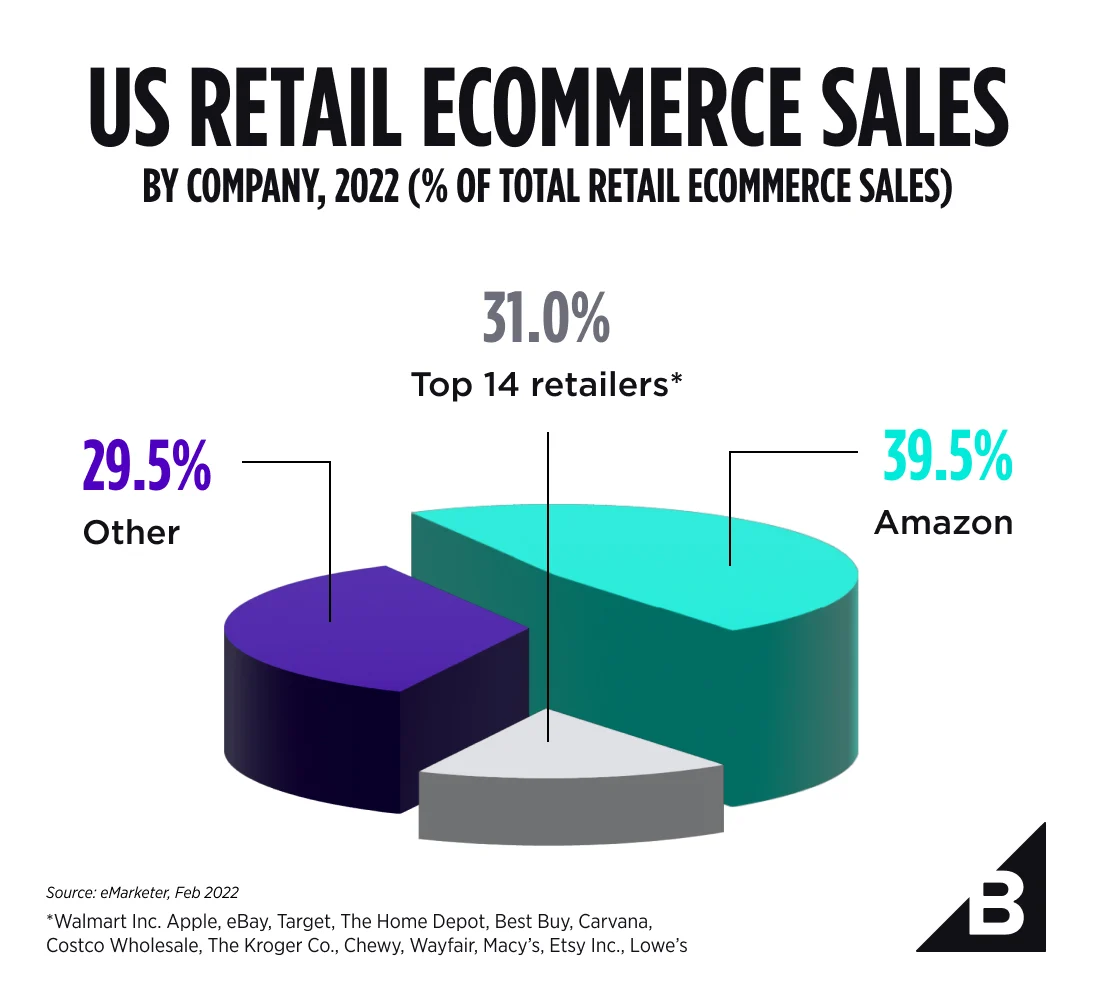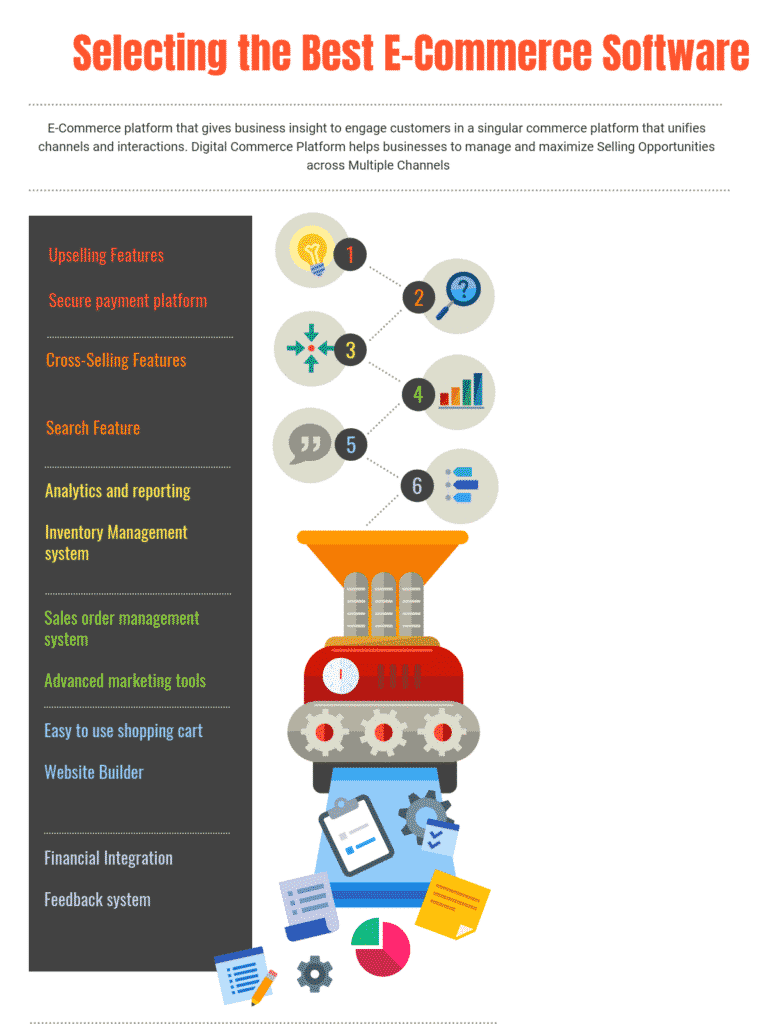Choosing the right sales tools for your e-commerce business is important. The right tools can help you grow. They can help you manage your business better. But, how do you choose the right tools? This guide will help you.
Understand Your Business Needs
First, you need to know your business needs. Every business is different. Some need tools for managing inventory. Some need tools for customer service. Some need tools for marketing. Write down what you need. This will help you find the right tools.
Types Of Sales Tools
There are many types of sales tools. Here are some common types:
- Inventory Management Tools
- Customer Relationship Management (CRM) Tools
- Marketing Automation Tools
- Analytics Tools
- Payment Processing Tools
- Customer Service Tools
Let’s look at each type of tool in more detail.
Inventory Management Tools
Inventory management tools help you keep track of your products. They tell you how much stock you have. They tell you when you need to order more. They can also help you track sales trends.
Some popular inventory management tools include:
| Tool Name | Description |
|---|---|
| TradeGecko | Helps manage inventory, orders, and customers. |
| Odoo | Offers a range of business applications including inventory management. |
| Zoho Inventory | Helps track inventory, manage orders, and streamline sales. |
Customer Relationship Management (CRM) Tools
CRM tools help you manage your interactions with customers. They keep track of customer details. They help you understand customer needs. They help you improve customer satisfaction.
Some popular CRM tools include:
| Tool Name | Description |
|---|---|
| Salesforce | A leading CRM tool that helps manage customer relationships. |
| HubSpot CRM | Offers free and easy-to-use CRM features. |
| Zoho CRM | Provides tools to manage sales, marketing, and customer support. |
Marketing Automation Tools
Marketing automation tools help you automate your marketing tasks. They help you send emails. They help you post on social media. They help you run ads. They save you time. They help you reach more customers.
Some popular marketing automation tools include:
| Tool Name | Description |
|---|---|
| Mailchimp | Helps you create and send email campaigns. |
| Hootsuite | Helps you manage social media posts and ads. |
| ActiveCampaign | Offers email marketing and automation features. |
Analytics Tools
Analytics tools help you understand your data. They show you how your business is doing. They help you make better decisions. They show you what is working and what is not.
Some popular analytics tools include:
| Tool Name | Description |
|---|---|
| Google Analytics | Shows website traffic and user behavior. |
| Mixpanel | Tracks user interactions with web and mobile apps. |
| Hotjar | Shows how users interact with your website. |
Payment Processing Tools
Payment processing tools help you accept payments. They make it easy for customers to pay you. They keep your transactions safe. They help you manage your money.
Some popular payment processing tools include:
| Tool Name | Description |
|---|---|
| PayPal | Offers secure payment processing for online transactions. |
| Stripe | Helps you accept payments and manage transactions. |
| Square | Provides payment processing and point-of-sale solutions. |
Customer Service Tools
Customer service tools help you support your customers. They help you answer customer questions. They help you solve customer problems. They help you keep your customers happy.
Some popular customer service tools include:
| Tool Name | Description |
|---|---|
| Zendesk | Provides a platform for customer support and engagement. |
| Freshdesk | Offers tools to manage customer support tickets. |
| Help Scout | Helps you manage customer emails and support tickets. |
Consider Your Budget
Think about your budget. Some tools are free. Some tools cost money. Make sure you choose tools that you can afford. Sometimes, it is worth spending money on good tools. They can help your business grow.
Check User Reviews
Read user reviews. See what other people think about the tools. Look for reviews from people with similar businesses. This can help you find the best tools for your needs.

Credit: www.coursera.org

Credit: www.bigcommerce.com
Try Before You Buy
Many tools offer free trials. Try the tools before you buy them. This can help you see if they are a good fit for your business. It can also help you learn how to use them.
Think About Integration
Make sure the tools you choose can work together. This is called integration. Integration can save you time. It can make your business run more smoothly.
Choose Tools That Can Grow With Your Business
Think about the future. Choose tools that can grow with your business. You do not want to change tools often. This can be a lot of work.
Frequently Asked Questions
What Are Essential Sales Tools For E-commerce?
Essential tools include CRM, email marketing, analytics, and inventory management systems.
How Do Sales Tools Improve E-commerce Performance?
Sales tools streamline processes, track customer behavior, and enhance marketing efforts.
What Is A Crm Tool?
A CRM tool helps manage customer relationships and track sales interactions.
Why Is Email Marketing Important For E-commerce?
Email marketing boosts customer engagement and drives repeat purchases.
Conclusion
Choosing the right sales tools for your e-commerce business is important. Understand your needs. Consider your budget. Read user reviews. Try before you buy. Think about integration. Choose tools that can grow with your business. These steps can help you find the best tools for your business.

